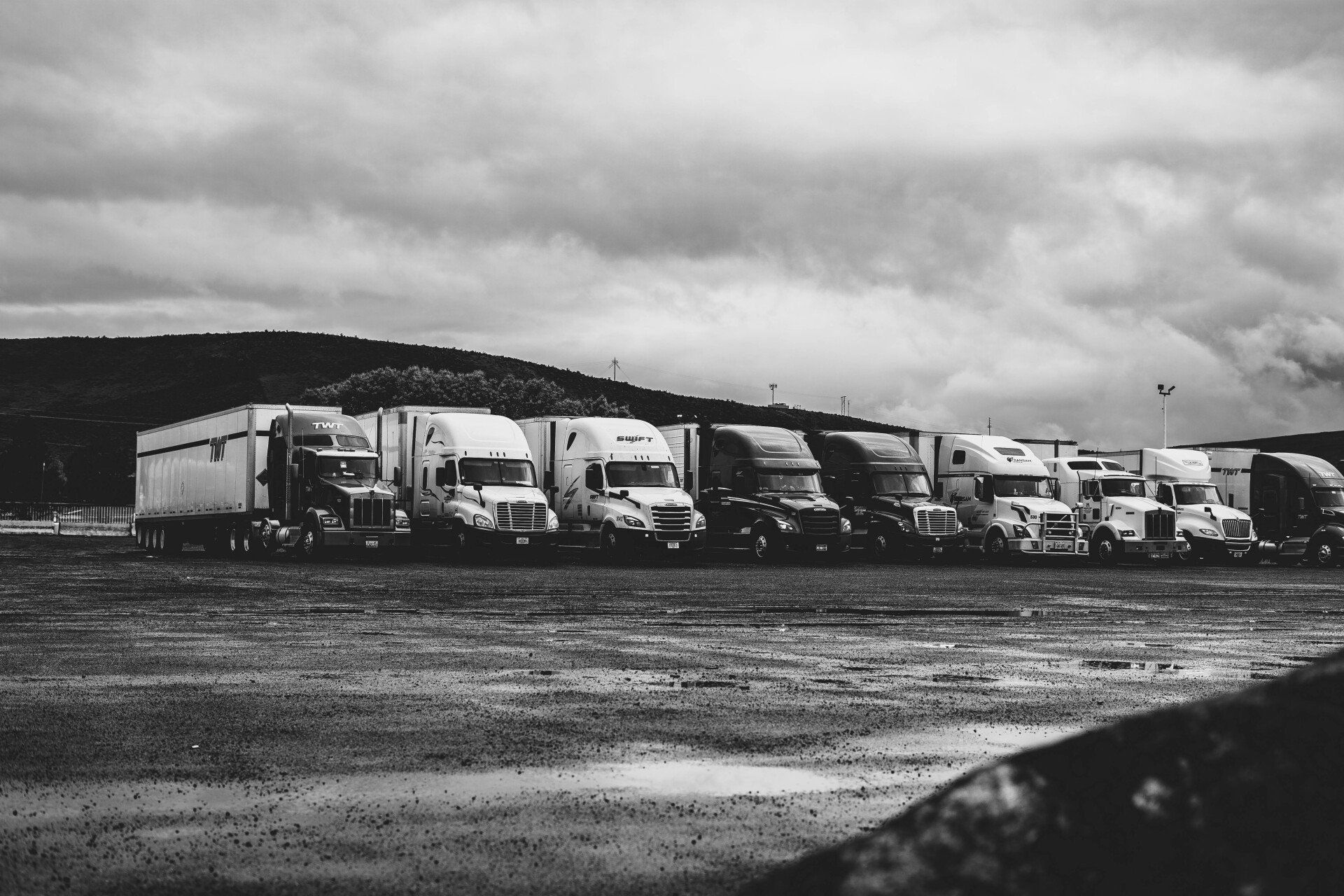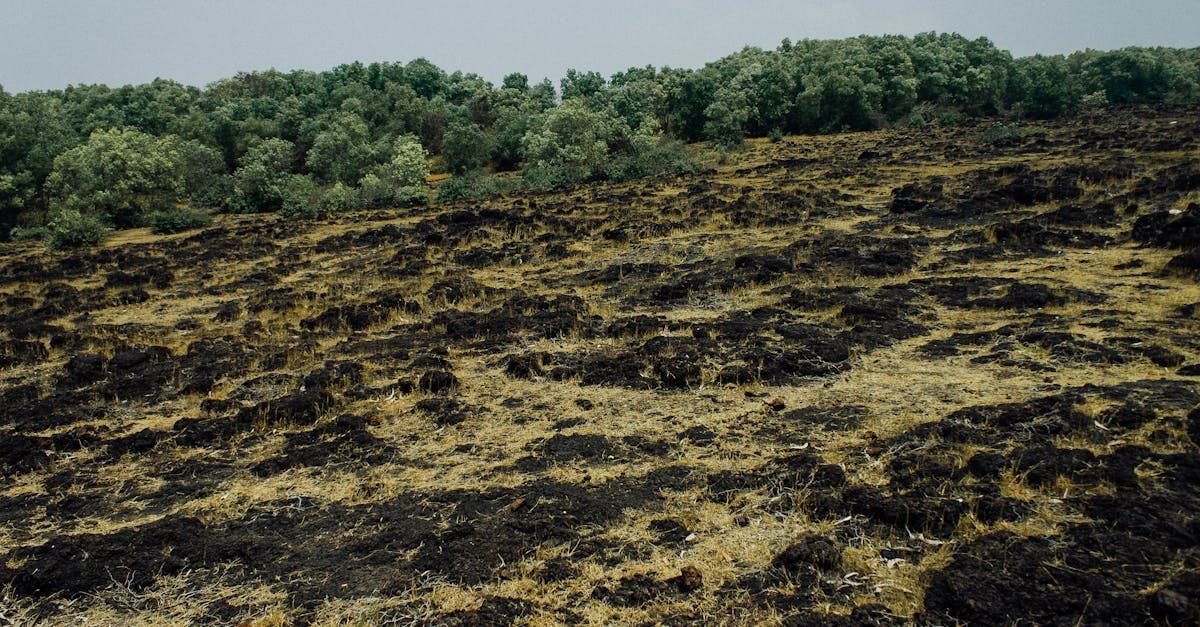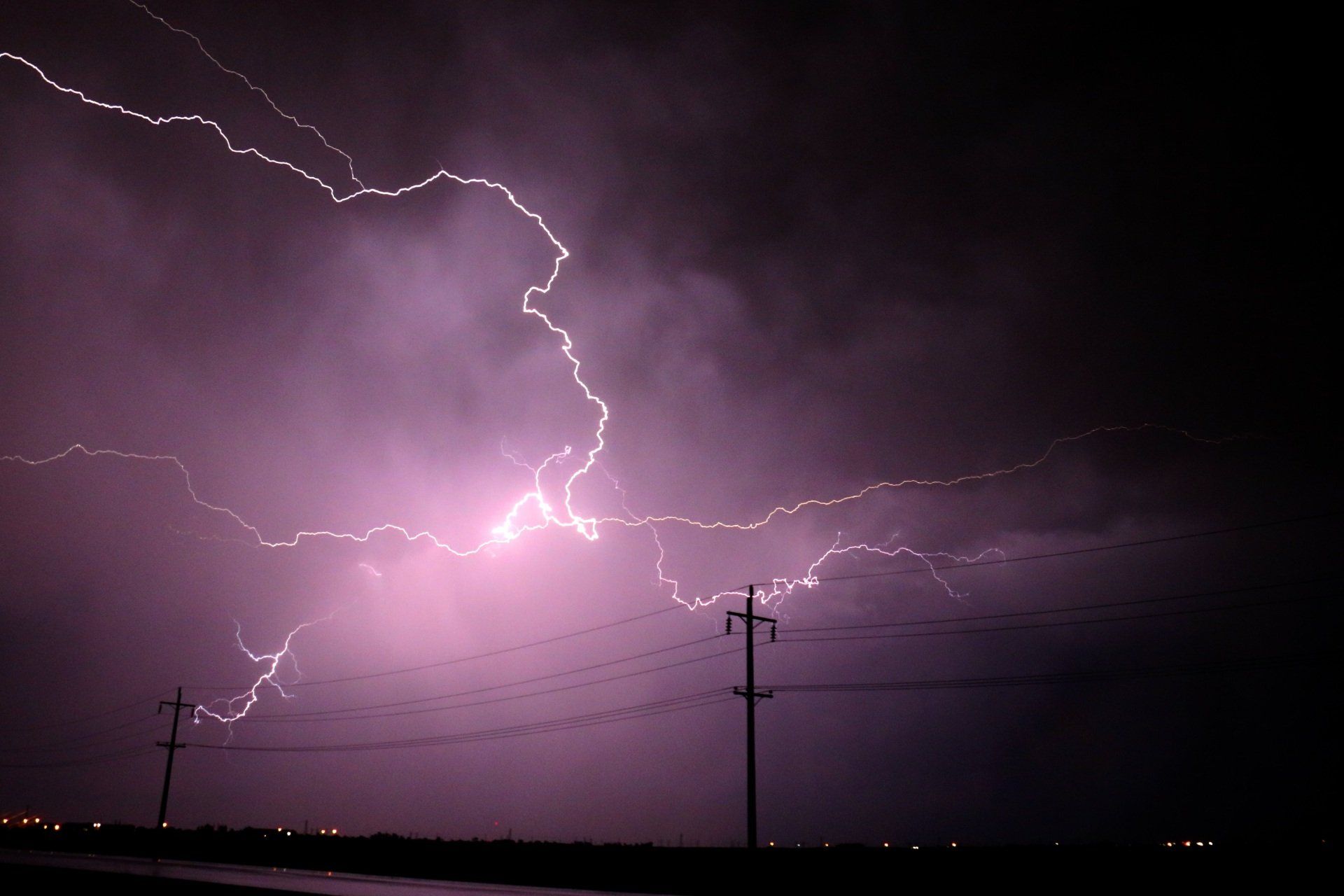The Devastating Consequences of Land Development Runoff
When land is developed for urban use, it can lead to an increase in runoff, which carries pollutants and contaminants into nearby water sources. Unfortunately, this runoff can have devastating consequences on the environment and local ecosystems. Here, we will explore the harmful effects of runoff from land development.
Deforestation
The process of land development involves clearing large areas of trees and vegetation, a process known as deforestation. Deforestation not only reduces the natural cover of vegetation, but it can also contribute to runoff. As trees are cut down, they no longer absorb the excess water from rainfall or melting snow. This causes more runoff and increases flooding in the surrounding areas. Furthermore, the soil is less protected and can be carried away in the runoff. The lack of natural vegetation also reduces the amount of water that is recharged into the ground, which can lead to reduced groundwater supply. Deforestation can also disrupt the natural habitats of wildlife and cause climate change due to a decrease in the number of trees to store carbon dioxide. Additionally, erosion caused by the runoff can damage crops, roads, sewage and drainage, and other infrastructure by clogging them with sediment. Moreover, harmful pollutants such as fertilizers, pesticides, and hazardous chemicals used can enter waterways through runoff and cause damage to aquatic ecosystems. They can deplete oxygen levels in the water, making it harder for aquatic organisms to survive. Fertilizers can stimulate excessive plant growth, leading to an increase in algae growth which chokes out other aquatic species. Finally, sediment deposition caused by erosion can disturb sea life by clouding the waters and suffocating larvae.
Increased Flood Risk
The development of land can lead to a host of negative effects, including increased flood risk. As natural vegetation and landscapes are removed or altered, this can have a major impact on the way that water moves and is stored in the area. This can make the land more prone to flooding. When natural barriers such as vegetation are removed, rainwater runoff increases. This increased runoff can overwhelm drainage systems, leading to waterlogging and even flooding in areas that previously did not experience it. In addition, when streams and wetlands are filled in or re-directed for development, this reduces the natural capacity for storing water, which can also lead to increased flooding in the area.
Soil Erosion
Soil erosion is a major problem caused by land development runoff. When forests are cleared, or when land is otherwise disturbed, the exposed soil is vulnerable to being washed away by rainwater. This soil erosion not only degrades the environment, but it also increases the risk of flooding. It is estimated that soil erosion caused by land development in the United States causes approximately $44 billion dollars in damages every year.
Erosion can also lead to the sedimentation of rivers, streams, ponds, and lakes. This is where soil particles are washed away from their original location and deposited somewhere else. This can lead to the silting of these bodies of water, reducing their size and making them unsuitable for aquatic life. In addition, if these sediments contain pollutants, they can end up in drinking water sources, leading to increased health risks for humans.
The effects of soil erosion can be felt across the world. Increased flooding due to soil erosion has caused catastrophic damage to many communities, leading to billions of dollars in losses in some cases. Soil erosion can also lead to decreased agricultural productivity due to loss of topsoil, and increased sediment levels in drinking water can lead to serious public health problems. It is therefore essential that land development practices take into account the potential for soil erosion, and that proper mitigation measures are taken to reduce its effects.
Water Pollution
Runoff from land development can lead to water pollution of local streams, rivers, and other bodies of water. The pollutants in runoff can come from a variety of sources, such as fertilizers and pesticides used on farms, oil and other chemicals from roads, and sediment from construction sites. These pollutants can pollute the water, making it unsafe for drinking or recreational use. When people consume contaminated water, it can lead to serious health effects, including gastrointestinal issues and skin irritation.
The pollutants in runoff can also have a devastating effect on aquatic life. Nitrogen and phosphorus from fertilizers can cause algal blooms, which can lead to oxygen depletion in the water and the death of fish and other organisms. Pesticides and other toxic chemicals can poison fish and other aquatic life, leading to long-term damage to the ecosystem.
Damage to Adjoining or Nearby Property
Runoff from land development can cause a variety of problems for adjacent or nearby properties. As development increases, it can lead to flooding on neighboring land. Development runoff can also carry a variety of contaminants and sediment that can damage vegetation and contaminate the soil on adjoining properties. This can cause a decrease in property value as well as an increase in maintenance costs. Development runoff can also lead to an increased risk of landslides and mudslides, which can pose serious threats to neighboring properties.
MORE ALABAMA INJURY LAW NEWS






OUR LAW FIRM IS HERE TO HELP
Contact our Birmingham, Alabama Injury Lawyers Today for Legal Help
Have you or a family member recently been injured in an accident in Alabama? Contact Snable Stevenson & Silva for immediate legal assistance and advice. You may be able to pursue compensation for your medical bills, lost wages, and other expenses. Our qualified Alabama injury lawyers can help you fight to secure a full and fair award.
We offer a free case evaluation and consultation. Contact our law office in Birmingham, Alabama to schedule yours today. If you can’t come to us, we can arrange a time to visit you. Consultations can be arranged at the hospital, your home, or even your place of business. There’s a limited amount of time to act, so give us a call to get started today.
FREE CASE EVALUATION
GET STARTED
Thank you for submitting a request.
Our team will follow up with you as soon as possible.
There was an error sending your message.
Please try again later.
(800) 266-0877 • attorneys@snablestevenson.com
(205) 582-8000 • 2737 Highland Ave South, Birmingham, AL 35205
(901) 474-2900 • 1545 Union Ave, Memphis, TN 38104
This website is an advertisement for legal services. No representation is made that the quality of the legal services to be performed is greater than the quality of legal services performed by other lawyers. Use of this website signifies your agreement to the Terms of Use, Privacy Policy, and Form Disclaimer.
Snable Stevenson & Silva L.L.C.

